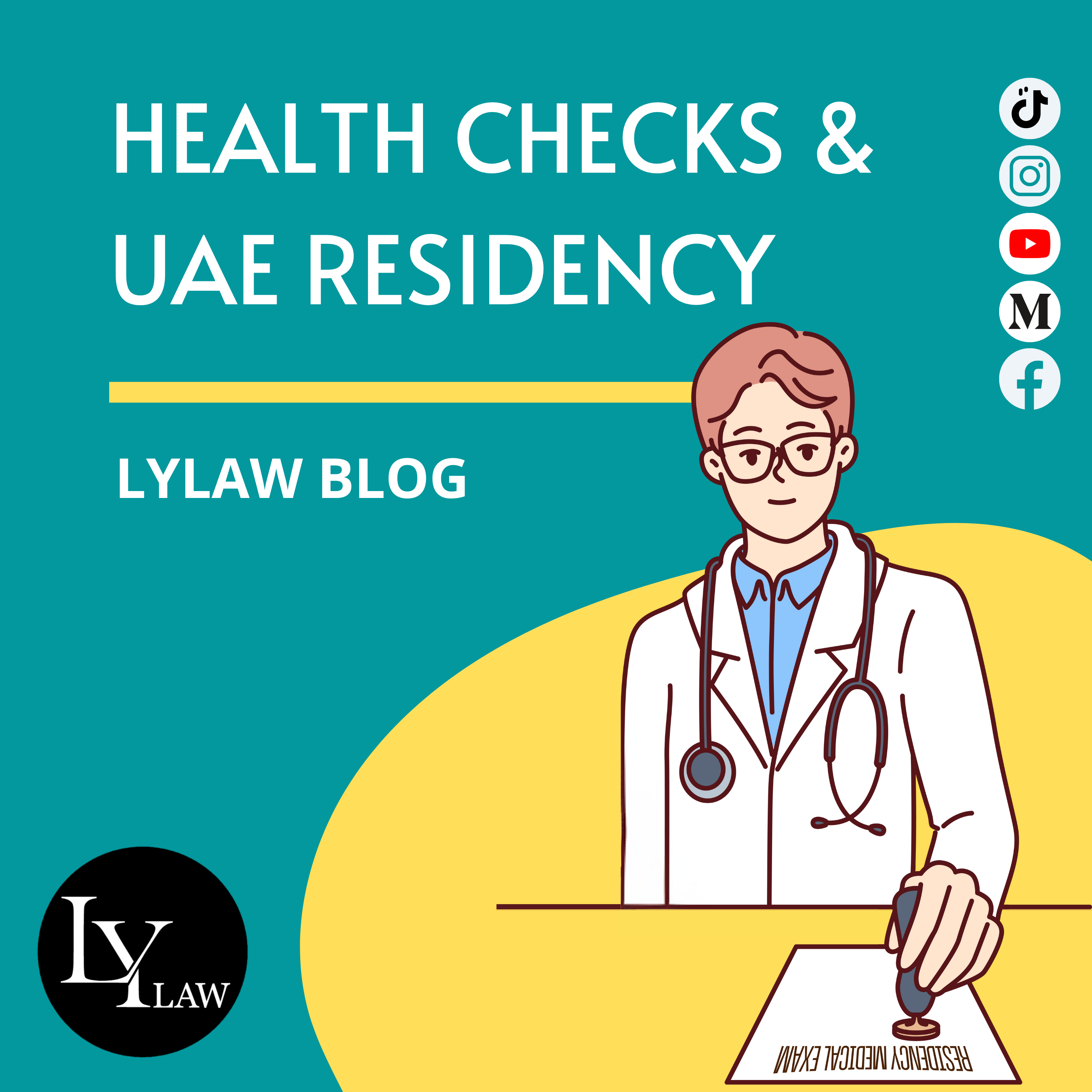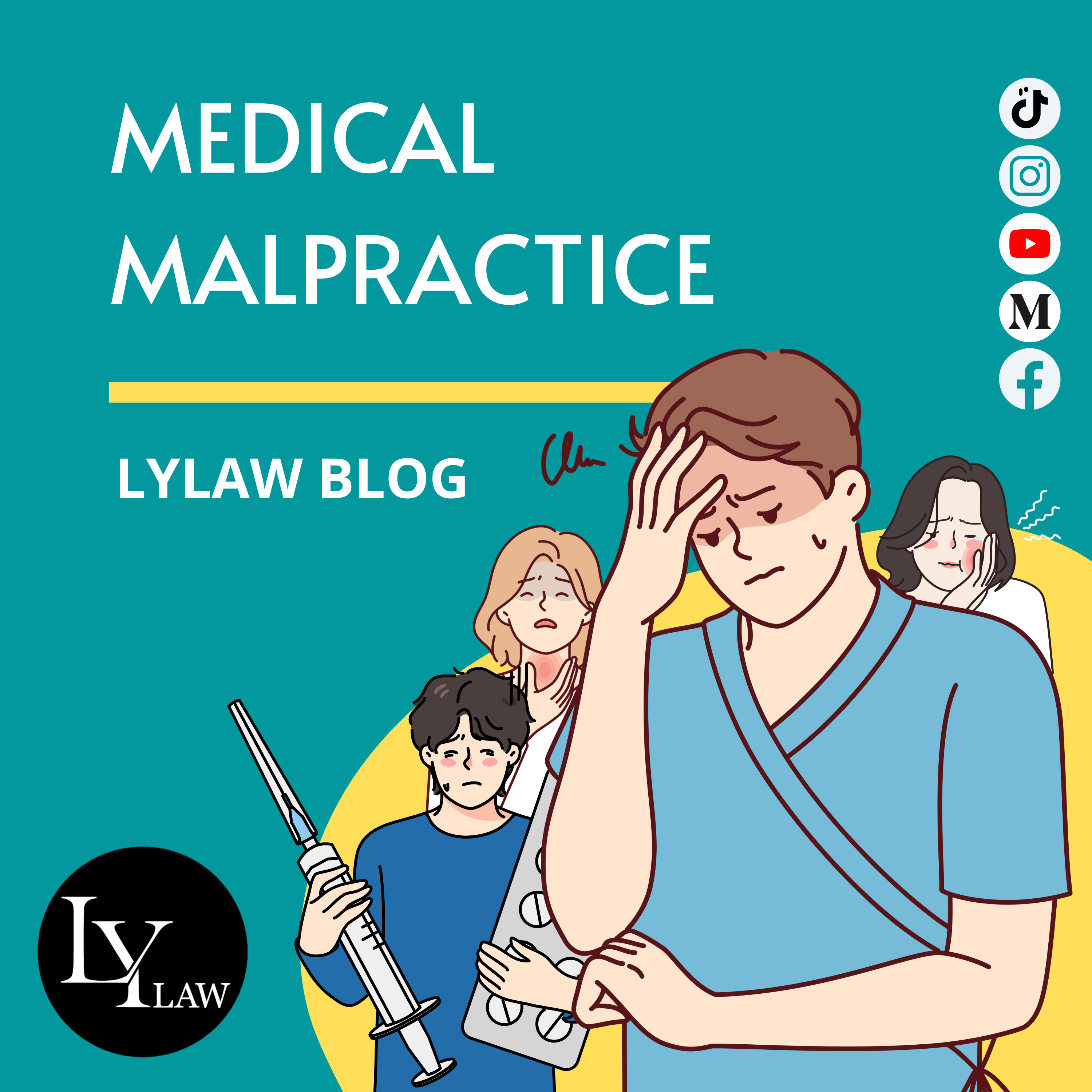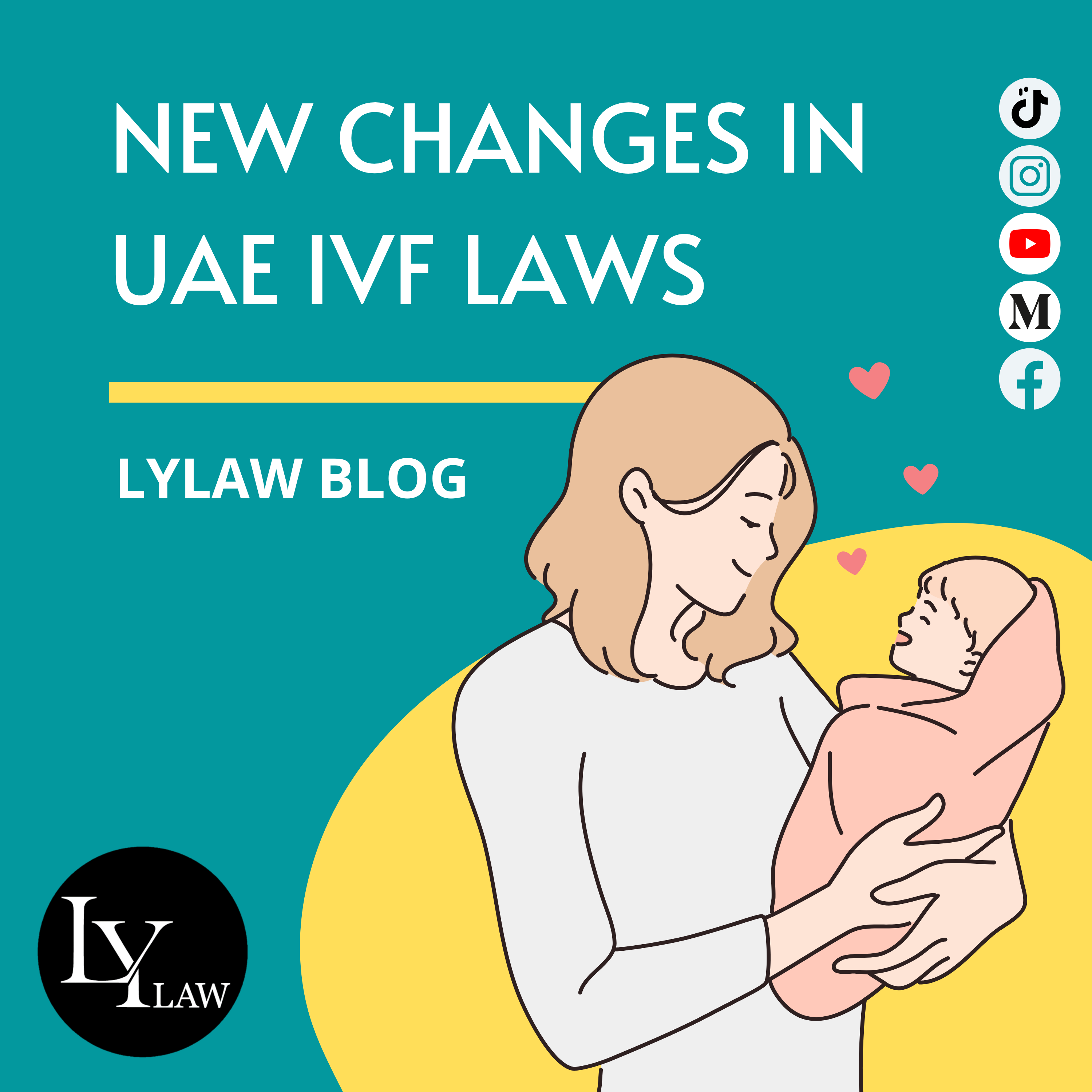For those seeking to live or work in the United Arab Emirates, obtaining a residency visa involves more than administrative paperwork. One critical requirement is proving medical fitness, as mandated by UAE federal law.
This mandatory health screening is a legal prerequisite, governed by Cabinet Resolution No. 7 of 2008, which outlines the Medical Examination System for Expats Coming to the UAE for Work or Residency. It applies across all Emirates, although practical implementation may vary slightly from one Emirate to another.
Below is an overview of what every expatriate must understand before undergoing the medical examination process.
Legal Basis for Health Screening
Residency approval in the UAE is conditional upon passing specific medical tests. These screenings are intended to protect public health and ensure that individuals entering the country for long-term residence do not pose a health risk to the wider population.
According to Article 2 of the Resolution, the following conditions are routinely screened:
- HIV/AIDS
- Pulmonary Tuberculosis (TB)
- Hepatitis B and C (for specific job categories)
- Leprosy
- Syphilis (for certain professions)
- Pregnancy (only for domestic workers)
Each condition is treated differently under the law, depending on the associated public health risk and the applicant’s occupational category.
HIV/AIDS: Absolute Grounds for Ineligibility
All applicants must undergo HIV testing. If the result is positive, the individual is deemed medically unfit. Residency will not be granted or renewed under any circumstances. There are no exemptions or treatment-based appeals within the UAE immigration framework for HIV-positive applicants.
Tuberculosis: Treatment-Conditional Approval
The case of Tuberculosis is more nuanced. Individuals diagnosed with old or active pulmonary TB are initially considered unfit. However, if the individual complies with supervised treatment under the government’s Directly Observed Treatment, Short-course (DOTS) program, they may be granted a one-year visa labeled “subject to treatment.”
Failure to attend three consecutive follow-up appointments during treatment will result in disqualification and non-renewal of residency.
TB Exemptions
Certain individuals may be exempt from the TB disqualification criteria, including:
- Diplomats (upon recommendation from the Ministry of Foreign Affairs)
- Immediate family members of UAE residents (spouse, children, parents)
- Major investors (subject to local authority approval)
- Other individuals designated by a joint committee under the Ministry of Health
Even in exempt cases, ongoing medical monitoring is mandatory.
Hepatitis B and C: Role-Based Screening
Testing for Hepatitis B and C is only required for specific professions. These include:
- Domestic workers
- Babysitters
- Kindergarten and nursery staff
- Salon and health club employees
- Medical professionals
If the test is positive, residency will not be granted or renewed unless the applicant changes their job category within 30 days.
Those who test negative must complete a full three-dose Hepatitis B vaccination course and provide a vaccination certificate during renewal. Failure to comply will require re-vaccination or may result in residency denial.
Leprosy and Syphilis
A positive test for leprosy results in immediate disqualification, with no exceptions allowed.
Testing for syphilis is only conducted for the same job categories mentioned above. If the result is positive, the applicant must complete treatment before being declared medically fit.
Pregnancy Screening: Domestic Workers Only
Pregnancy testing applies solely to domestic workers such as nannies, cleaners, and drivers. If a domestic worker is found to be pregnant, the employer will be notified and may decide whether to proceed or withdraw the application. The law does not prohibit employment but places the final decision with the sponsor.
Approved Testing Facilities
All tests must be carried out at government-authorized preventive medicine centers. Tests conducted abroad or at private clinics within the UAE will not be accepted.
As the residency visa process is handled by individual Emirates, the enforcement of medical standards, such as follow-ups or documentation, may vary slightly depending on the local health authority.
Certificate Validity and Data Reporting
Medical fitness certificates are valid for three months. If not submitted for visa processing within that period, the applicant must retake the tests.
Additionally, all medical results are recorded in a centralized system. The UAE government maintains detailed statistical records of disqualified applicants, categorized by nationality, gender, age, and type of illness.
Conclusion
Residency in the UAE is not solely a bureaucratic procedure. It is a regulated process underpinned by public health considerations and legal obligations. Understanding the medical screening process is essential for anyone planning to live and work in the country. The outcome may depend on the applicant’s health condition, profession, and the Emirate in which the application is processed.
For further legal insight into UAE residency requirements or to explore related immigration matters, visit our website at www.lylawyers.com.



